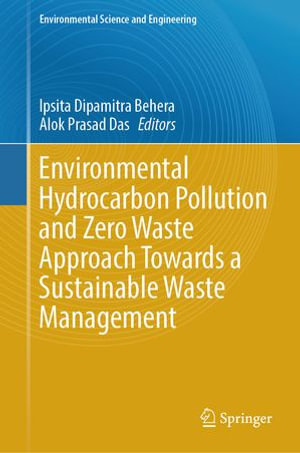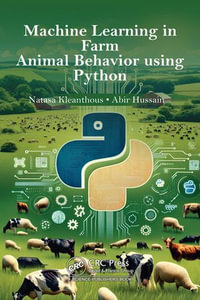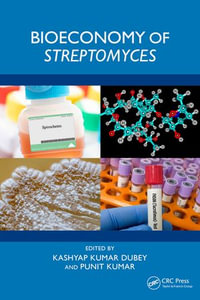
eTEXT
Environmental Hydrocarbon Pollution and Zero Waste Approach Towards a Sustainable Waste Management
By: Ipsita Dipamitra Behera (Editor), Alok Prasad Das (Editor)
eText | 21 March 2025
At a Glance
eText
$329.00
or
Instant online reading in your Booktopia eTextbook Library *
Read online on
Desktop
Tablet
Mobile
Not downloadable to your eReader or an app
Why choose an eTextbook?
Instant Access *
Purchase and read your book immediately
Read Aloud
Listen and follow along as Bookshelf reads to you
Study Tools
Built-in study tools like highlights and more
* eTextbooks are not downloadable to your eReader or an app and can be accessed via web browsers only. You must be connected to the internet and have no technical issues with your device or browser that could prevent the eTextbook from operating.
ISBN: 9783031816154
ISBN-10: 3031816153
Series: Environmental Science and Engineering
Published: 21st March 2025
Format: ePUB
Language: English
Publisher: Springer Nature
You Can Find This eBook In
This product is categorised by
- Non-FictionEarth Sciences, Geography, Environment, PlanningThe EnvironmentEnvironmental Management
- Non-FictionEngineering & TechnologyEnvironmental ScienceSanitary & Municipal EngineeringWaste Treatment & Disposal
- Non-FictionEngineering & TechnologyBiochemical EngineeringBiotechnology
- Non-FictionEarth Sciences, Geography, Environment, PlanningThe EnvironmentWaste Management
- Non-FictionEarth Sciences, Geography, Environment, PlanningThe EnvironmentSustainability
- Non-FictionEconomicsDevelopment Economics & Emerging Economies























